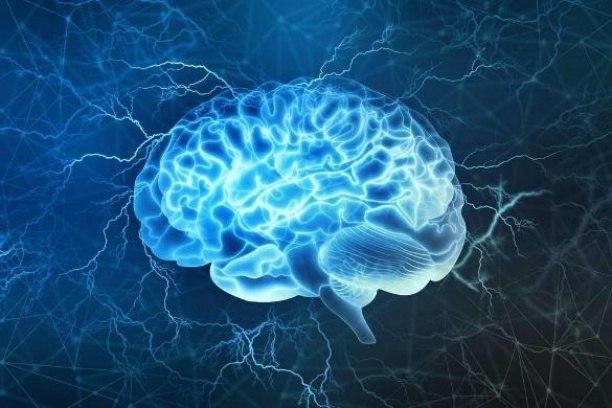The Darby lab investigates the neural mechanisms underlying the most complex human behaviors at the interface of neurology, psychiatry, and philosophy. Impairment in belief, morality, and free will perception are common in neurological patients, but the neuroanatomy or cognitive processes associated with these impairments remain unknown. Our lab’s overarching hypothesis is that these behaviors will not localize to a single brain region, but rather to common networks of connected brain regions that work together to bring about complex human behaviors.
Our lab has worked to develop novel neuroimaging methods to test this network localization hypothesis in patients with focal brain lesions, dementia, and even psychiatric diseases. Because traditional neuropsychological tests do not assess processes related to these networks, our lab also develops novel behavioral tasks to measure belief evaluation, moral decision-making, and reality monitoring.
A final interest of the Darby lab is to address the ethical and legal implications of our research. Because the potential misinterpretation and misuse of scientific data can affect important policy discussions, it is critical to have leaders within science to help disseminate results in an accurate, responsible manner.
